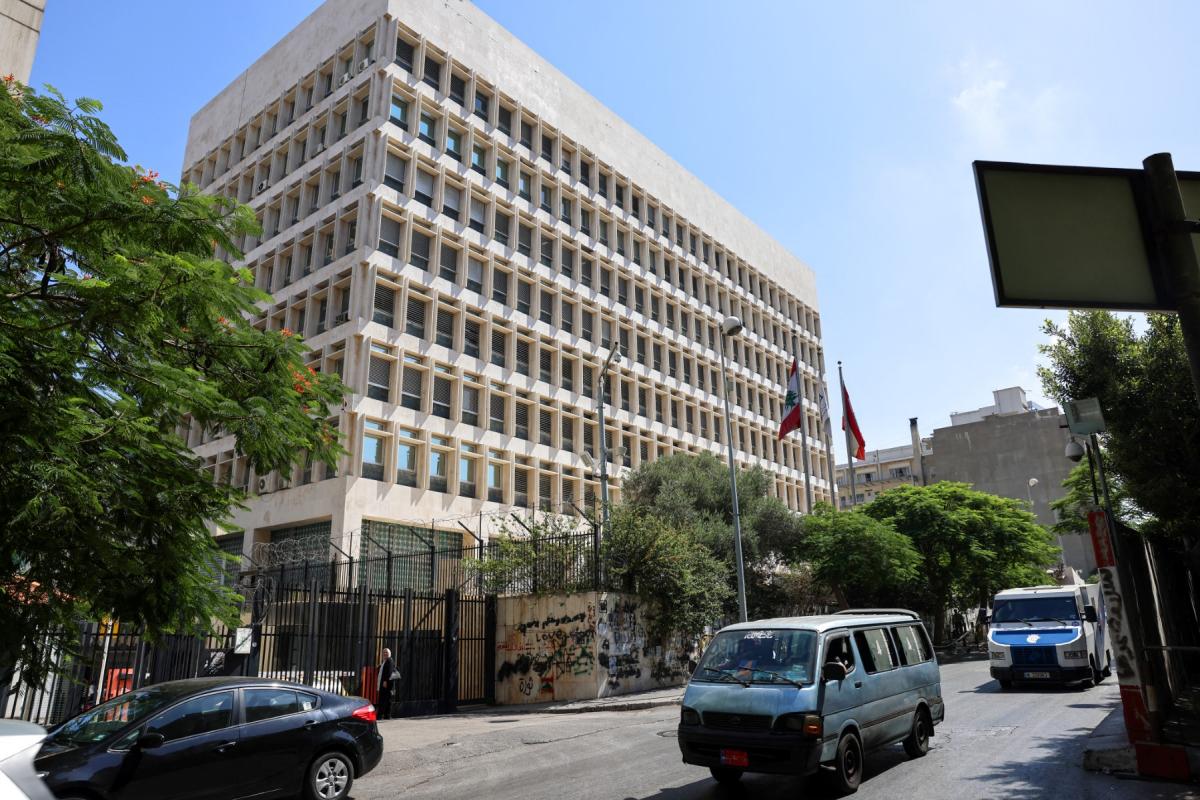The collective labor contract governing relations between Lebanese banks and their employees expired in 2020 and has not been renewed since. The danger is not only in the loss of five years during which employees, like other workers, endured harsh exploitation, but in what union leaders describe as a deliberate intent not to renew the agreement at all.
Despite mediation efforts led by the Ministry of Labor between the Union of Bank Employees and the Association of Banks in Lebanon (ABL), the latter—through its attorney—announced that no renewal would be possible before the passage of the “financial gap law.” This stance followed failed attempts by ABL to challenge the union’s legitimacy as the representative body of bank employees.
Delays and Obstruction
The tactics of obstruction have frustrated the head of the Union of Bank Employees, George Al-Hajj, who accused ABL’s board of adopting a strategy of “procrastination and delay.” He pointed to the association’s decision to delegate the matter entirely to its lawyer, to reject the union’s mediation request on procedural grounds, and to invoke arguments never previously raised since the first collective contract was signed in 1974.
Al-Hajj further noted that remarks made by ABL’s lawyer, Akram Azouri—who stated on air that the contract would not be renewed before the financial gap law is enacted—sparked outrage among bank employees. For staff already battered since 2019 by angry depositors, insults, physical assaults, and even the freezing of their own salaries and indemnities in the very banks they serve, the statement confirmed management’s unwillingness to improve pay, adjust benefits, or enhance social protections.
The Mediation Stalemate
During the first mediation session, ABL’s lawyer resurrected an obscure clause of the “Mediation and Arbitration Law” requiring the initiating party to represent at least 60% of its members. In response, at the fourth session on September 30, the union submitted to the Ministry of Labor a list of around 3,500 member signatures authorizing its board to negotiate the renewal of the collective contract.
Having proved its mandate, the union then urged the Ministry to compel ABL to start reviewing proposed amendments. Instead of responding, however, ABL’s attorney requested more time, prompting the Ministry to set the next meeting for October 21.
Employee Demands
“The demands of bank employees are far from excessive,” insisted Ibrahim Bassil, president of the Bank Employees’ Union. According to him, they are in the banks’ own interest: “Employees are the second pillar of the sector, alongside capital itself—once considered sacrosanct by bank owners before the collapse.”
Yet appreciation has since given way to contempt. Even after scaling back numerous rightful demands, Bassil stressed that employees are left with only a minimum set of conditions for decent living and fair compensation:
A minimum starting salary for new employees of no less than $500, to secure acceptable end-of-service benefits.
- An annual $2,500 school grant and $4,500 university grant.
- Medical coverage of no less than 6 million LBP per month.
- Revitalization of the bank employees’ mutual support fund.
These demands represent barely 10–20% of what staff enjoyed before the financial collapse. Resistance to reviving the mutual fund remains particularly strong: some banks own private insurance companies and see no benefit in supporting the fund; others maintain close ties to external insurers; and still others fear the additional obligations the fund might entail.
A Future Uncertain
The banking sector’s workforce has already shrunk dramatically—from 24,000 employees at the end of 2019 to fewer than 14,000 today. Numbers are expected to drop further once restructuring begins, warned Bassil, and without a renewed collective contract, conditions could be “catastrophic.”
He explained that layoffs will be governed by the new “Banking Regulation Law,” which unlike the earlier merger law makes no provision for protecting staff. Severance packages will be calculated under Article 50 of the Labor Law, ranging from two to twelve months based on officially declared salaries. Since these are declared in Lebanese pounds, at the minimum wage of 28 million LBP, payouts would be “paltry at best.”
“For now, the union has refrained from escalating, out of respect for the mediation process and the Ministry of Labor’s role,” Al-Hajj said. “But if the Minister fails to bring ABL to the negotiating table, the sector will witness escalating actions that could culminate in an open-ended strike.”
A Sector at a Crossroads
For decades, Lebanon’s banks boasted of their twin forms of capital: financial and human. With the first squandered in the collapse, is the second now being sacrificed as well?
Please post your comments on:
[email protected]
 Politics
Politics













